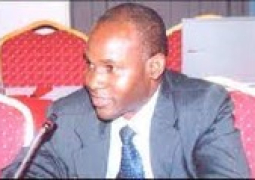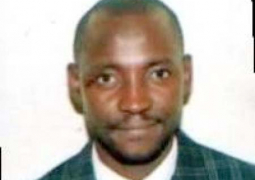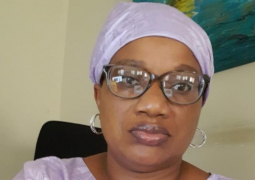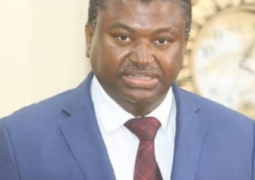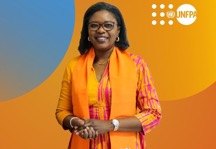
As the world observes the 16 Days of Activism beginning on November 25, this interview sheds light on the campaign’s importance and UNFPA’s role in combating violence against women and girls.
The 16 Days of Activism is a global campaign aimed at ending violence against women and girls, Sarr explained. “It starts on the 25th of November, International Day Against Violence Against Women, and ends on December 10, International Human Rights Day,” she said.
The campaign, led by the United Nations, civil society, and UN agencies, uses the colour orange to symbolise hope and a brighter future free from violence. “Orange is the colour of the campaign to raise global awareness about the importance of fighting violence against women and girls,” Sarr stated.
She stressed the alarming prevalence of GBV, highlighting that one in three women globally experiences violence at some point in their lives.
UNFPA is committed to achieving three key goals: ending unmet needs for family planning, ending preventable maternal deaths, and ending GBV and harmful practices, including female genital mutilation (FGM) and child marriage.
Sarr pointed out that GBV violates human rights and undermines economic progress, as survivors require extensive healthcare and psychological support. “FGM is a violation of a woman’s bodily rights. It is a human rights issue, and no one should be subjected to violence from another person,” she emphasised.
UNFPA has partnered with the Ministry of Gender, Children, and Social Welfare, as well as other stakeholders, to establish one-stop centers offering medical and psychosocial support to GBV survivors. “We currently have around 10 centers across the country, and one of them serves as a shelter,” Sarr revealed.
She also underscored the importance of accessibility for survivors, mentioning the toll-free 199 hotline available nationwide for reporting GBV cases. “We ensure cases reported through this line are followed up as much as possible,” she added.
To address harmful practices like FGM, UNFPA works closely with cultural and religious leaders. “The network against gender-based violence includes members working directly with traditional and religious leaders to ensure these issues are tackled at all levels,” Sarr said.
She recalled the organisation’s collaboration with Al-Azhar University in Cairo, which hosted a symposium to educate religious leaders on the harmful effects of FGM. “We need to continue this engagement to create broader awareness and support,” she noted.
UNFPA’s approach to addressing GBV is multi-dimensional and collaborative. Sarr highlighted partnerships with government ministries, including Gender, Health, and Justice, to develop policies and interventions targeting the most affected regions.
She stated that cvil society organisations, such as the Network Against Gender-Based Violence, play critical role in advocacy and awareness-raising. Additionally, UNFPA provides training for journalists, community radio broadcasters, and civil society organisations to ensure effective communication on GBV issues.
“We also work closely with other UN agencies like UNICEF and UNDP to amplify these efforts,” Sarr said, citing successful joint initiatives.
Sarr concluded by urging all sectors of society to join the fight against GBV. “GBV is everyone’s business. We urge religious and civil society leaders, men and boys, to support our efforts. Together, we can create safe spaces for women and raise awareness about the 199 hotline, a lifeline for survivors across the country,” she said.


